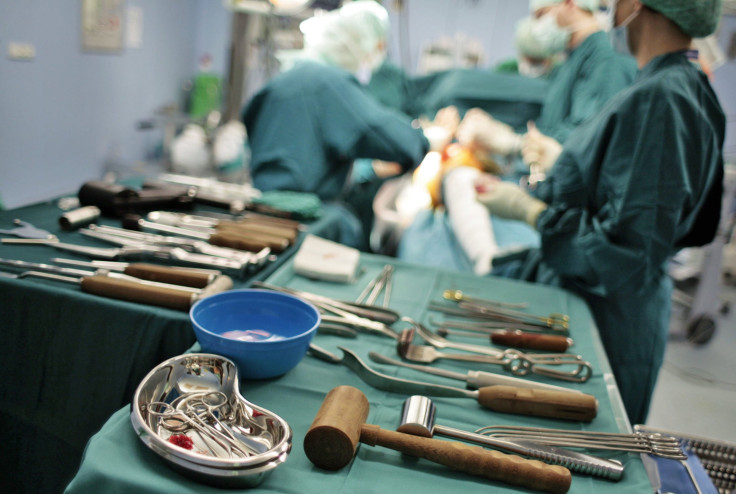First Head Transplant May Happen In China By 2017

An Italian-Chinese medical team may perform the world’s first head-transplant surgery in China within the next two years or so, Agence France-Presse reported Friday. The announcement about what would be a historic surgery came at a time when concerns over medical ethics are mounting in China.
Assuming all the preparatory research and tests go according to plan, Italian surgeon Dr. Sergio Canavero and Chinese surgeon Dr. Ren Xiaoping anticipate they could perform the procedure by 2017, Ren told AFP. Canavero initially announced the project in 2013, when he estimated it could happen as soon as 2016, AFP said. However, numerous obstacles have made that timeline unrealistic.
Russian-born Valery Spiridonov, 30, volunteered for the surgery. Spiridonov suffers from Werdnig-Hoffman disease, which is a type of spinal muscular atrophy that is characterized as an incurable and progressive wasting ailment. The disease is a rare disorder that affects males and females equally, while all types of spinal muscular atrophy are estimated to affect between 4 and 7.8 of 100,000 live births. Ren did not tell AFP which country the donated body is likely to come from.
The announcement of the surgery has ignited a fiery debate in the medical world. Ren and his team have done head-transplant operations on almost 1,000 mice since July 2013, the Wall Street Journal reported in June, but they have been unable to keep any of the mice alive for more than one day.
First Head Transplant Patient Schedules Surgery for 2017: http://t.co/HTC0Y6mbta pic.twitter.com/ufJmMpuRG1
— Discovery News (@DNews) September 11, 2015Referring to Ren’s work, Dr. Peter Stern, a hand surgeon and professor of orthopedic medicine at the University of Cincinnati College of Medicine who trained the Chinese surgeon, told the Wall Street Journal: “It is interesting and extraordinarily futuristic. But it’s a huge area of challenges from many, many standpoints: ethical issues, immune rejection -- the head being a very complex organ -- technical issues, particularly nerve regeneration.”
China has been at the center of medical controversy for years. Inmates on death row in the country’s prisons have been sources of organs in the past, because of the high demand for organs and a shortage of donors. While China has pledged not to use the organs of executed prisoners, experts said the organs can still be harvested from inmates and classified as “donations.”
If the head-transplant surgery proves successful, it could help people with intact brains but broken bodies, including those with spinal-cord injuries, muscle-wasting diseases and cancer. The surgery would likely take place at Harbin Medical University in China’s northeastern province of Heilongjiang.
© Copyright IBTimes 2024. All rights reserved.






















